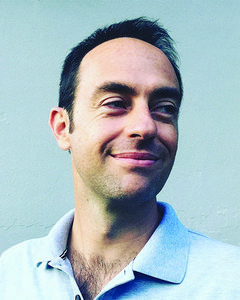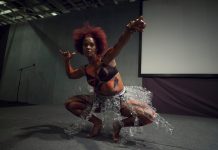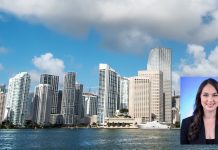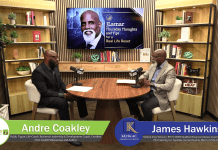
As a South Florida resident, educator and father of two young boys, I have been deeply troubled by the environmental devastation caused by the PortMiami dredging, the presence of toxic chemicals in state waters, and the discovery of the worst algae blooms ever recorded in our region’s history. The very things that our health and prosperity depend on—clean water, resilient wetlands, productive mangrove habitats, and biologically diverse reefs—are all in dire jeopardy.
While many are in favor of protecting the environment, it seems that few are willing to take action. This reflects two environmental crises: the absence of children in nature and a lack of understanding of the natural systems that make life on earth possible.
We are in the midst of one of the most profound societal shifts in history: Today’s generation of children is the first to grow up indoors.
Their plugged-in lives are largely devoid of exploration of the natural world. Without these fundamental experiences, our future citizens are unlikely to devote their lives or attention to preserving the environment.
Children need to understand how nature sustains life and that our society must coexist with nature. We must encourage schools to teach and model sustainable practices, and as parents, we must hold ourselves accountable. The transition to an eco-literate society begins at home.
Over the past decade, I have worked closely with educational institutions, non-profit organizations, and countless individuals to raise awareness and take steps toward safeguarding our natural resources. Both in the classroom and at home, I strive to communicate the unquestionable value of the natural world and the importance of conservation. The hope is that my students and my own boys can begin to appreciate the world around them and make informed and responsible decisions regarding the environment.
One of Africa’s most influential environmentalists, Baba Dioum, once said, “In the end, we will conserve only what we love. We will love only what we understand. We will understand only what we are taught.”
The environmental challenges we face did not occur overnight, and we will not solve them by morning. However, if we can foster a greater understanding of our natural surroundings, we can begin to create a more sustainable home for our children, our communities, and ourselves.
Leopoldo Llinas is a forward-thinking father who hopes to educate the young men and woman who will make this world better. He holds a PhD in Marine Biology and Fisheries from the University of Miami Rosenstiel School of Marine and Atmospheric Science. leollinas@gmail.com






